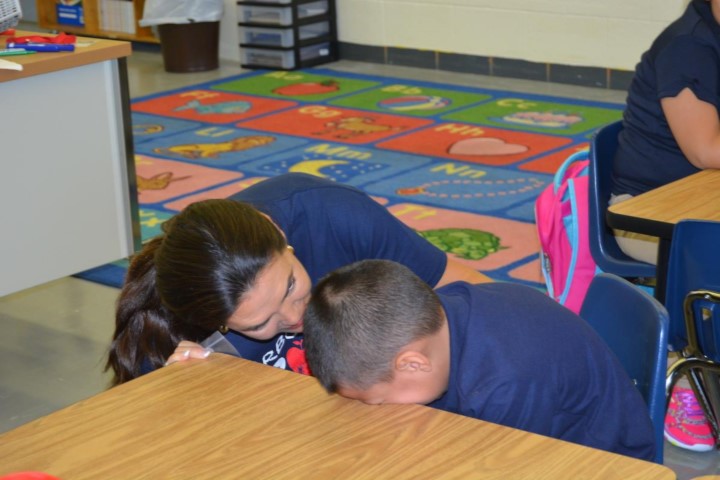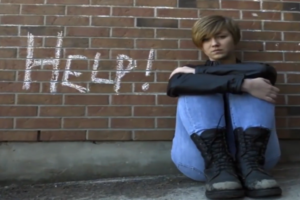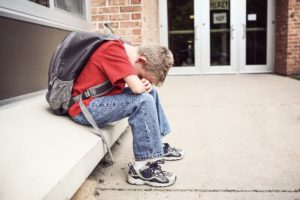Students in Houston, Texas schools will soon have new, anonymous ways to report bullying, an effort spawned by a state law focused on fighting bullying online.
Texas lawmakers approved David’s Law last summer to ensure the state’s public schools “have the authority to address cyberbullying that occurs off-campus,” according to David’s Legacy Foundation.
The law requires schools to notify a bullying victim’s parents of an incident within three days, as well as the parents of the aggressor. The law gives schools the authority to expel students who encourage others to commit suicide, incites violence or releases indecent images of another student, and promotes mental health education and use of counselors to resolve student conflicts and bullying.
David’s Law also requires schools to include anonymous ways for students to report problems with bullies.
The Houston Independent School District is complying with a new tip line, website and mobile app that will allow students to report incidents of bullying without the stigma of going to the school office or approaching adults or police.
“The main thing is you’re providing students voice,” HISD’s head of student support services, Anvi Utter, told Houston Public Media.
“You’re providing them a safe place where they can talk about things that are happening at school, that’s outside of school,” Utter said. “And students will know that they’re being heard and that there’s going to be a response to this.”
HISD’s anonymous reporting system is provided by the nonprofit Sandy Hook Promise, created in the wake of a deadly school shooting in Connecticut in 2012. Utter believes that while the new approach will ultimately reduce bullying in schools, she suspects it will initially create more reports by allowing students to voice their concerns from the shadows.
“I actually think there’s going to be an increase in our bullying reporting because this is anonymous,” she said.
The system also reflects a unified approach – from lawmakers to counselors in schools – for dealing with students who prey on their classmates.
James Davison Hunter, founder of the Institute for Advanced Studies in Culture, notes in “The Tragedy of Moral Education in America”:
Moral education can work where the community, and schools and other institutions within it, share a moral culture that is integrated and mutually reinforcing; where the social networks of adult authority are strong, unified, and consistent in articulating moral ideals and their attending virtues; and where adults maintain a ‘caring watchfulness’ over all aspects of a young person’s maturation.
To date, nearly 3 million people have taken the Sandy Hook Promise – “I promise to do all I can to protect children from gun violence by encouraging and supporting solutions that create safer, healthier homes, schools and communities.”
The national nonprofit offers a variety of programs and resources for educators and parents, from suicide prevention, to safety assessments and other guides to help prevent violence in schools and to reduce and eliminate harm to young people.
For further reading on CultureFeed





